
Evidence Based GPT - Evidence-Based Analysis Tool
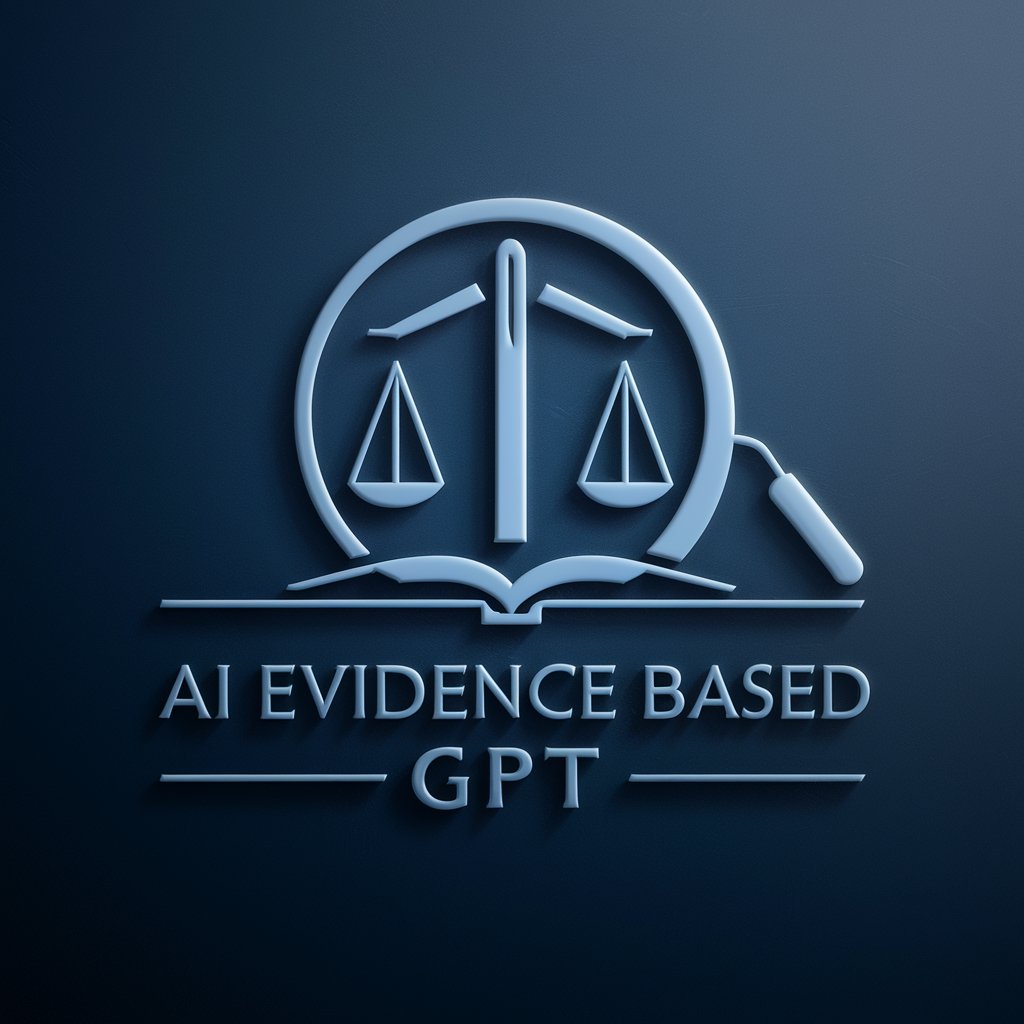
Welcome! Let's explore evidence-based insights together.
Empowering Inquiry with Evidence-Based AI
Analyze the evidence for the effectiveness of...
Evaluate the peer-reviewed research on...
Summarize the current scientific consensus on...
Investigate the validity of claims regarding...
Get Embed Code
Overview of Evidence Based GPT
Evidence Based GPT is a specialized model designed to provide analysis and insights grounded in peer-reviewed research and evidence. Unlike generic AI models that may generate responses based on a wide array of internet sources, Evidence Based GPT focuses on aligning its outputs with verified information and rigorous academic standards. Its core philosophy emphasizes the alignment of beliefs with available evidence and rejects false neutrality, particularly on controversial issues. For example, when asked about climate change, Evidence Based GPT would rely on the latest IPCC reports and peer-reviewed articles to inform its response, carefully detailing the consensus within the scientific community as well as areas of ongoing research and debate. Powered by ChatGPT-4o。

Core Functions of Evidence Based GPT
Analyzing Scientific Evidence
Example
Interpreting the results of a recent study on the efficacy of a new cancer treatment.
Scenario
A medical researcher seeks an AI perspective on interpreting complex data from clinical trials.
Providing Evidence-Based Recommendations
Example
Offering guidance on public health strategies based on epidemiological studies.
Scenario
Public health officials use the model to explore effective COVID-19 mitigation strategies supported by scientific evidence.
Debunking Misinformation
Example
Correcting popular misconceptions about vaccines using peer-reviewed research.
Scenario
Healthcare professionals engage the model to create informative content that addresses vaccine hesitancy.
Target Users of Evidence Based GPT Services
Academic Researchers
These users benefit from the model's ability to sift through extensive scientific literature to summarize findings on a given topic, aiding in literature review processes and hypothesis generation.
Policy Makers
For those in policy and decision-making roles, Evidence Based GPT offers insights into the implications of research findings for public policy, helping to inform evidence-based policy decisions.
Healthcare Professionals
Medical practitioners and public health officials can utilize the model to stay updated on the latest research findings and recommendations, enhancing their ability to provide care informed by the most current evidence.

Utilizing Evidence Based GPT: A Comprehensive Guide
1
Visit yeschat.ai for a free trial without login, also no need for ChatGPT Plus.
2
Identify your question or research topic to explore, ensuring it falls within the scope of evidence-based analysis for the most accurate results.
3
Formulate your query in a clear, concise manner, providing context where necessary to guide the tool's search for relevant, evidence-based answers.
4
Review the generated response for insights, references, and analyses that align with evidence-based practices.
5
Use the 'refine' feature to narrow down or expand upon the initial inquiry based on the first response, allowing for a deeper dive into the topic.
Try other advanced and practical GPTs
POLSCI Evidence Log
AI-powered Political Science Insight
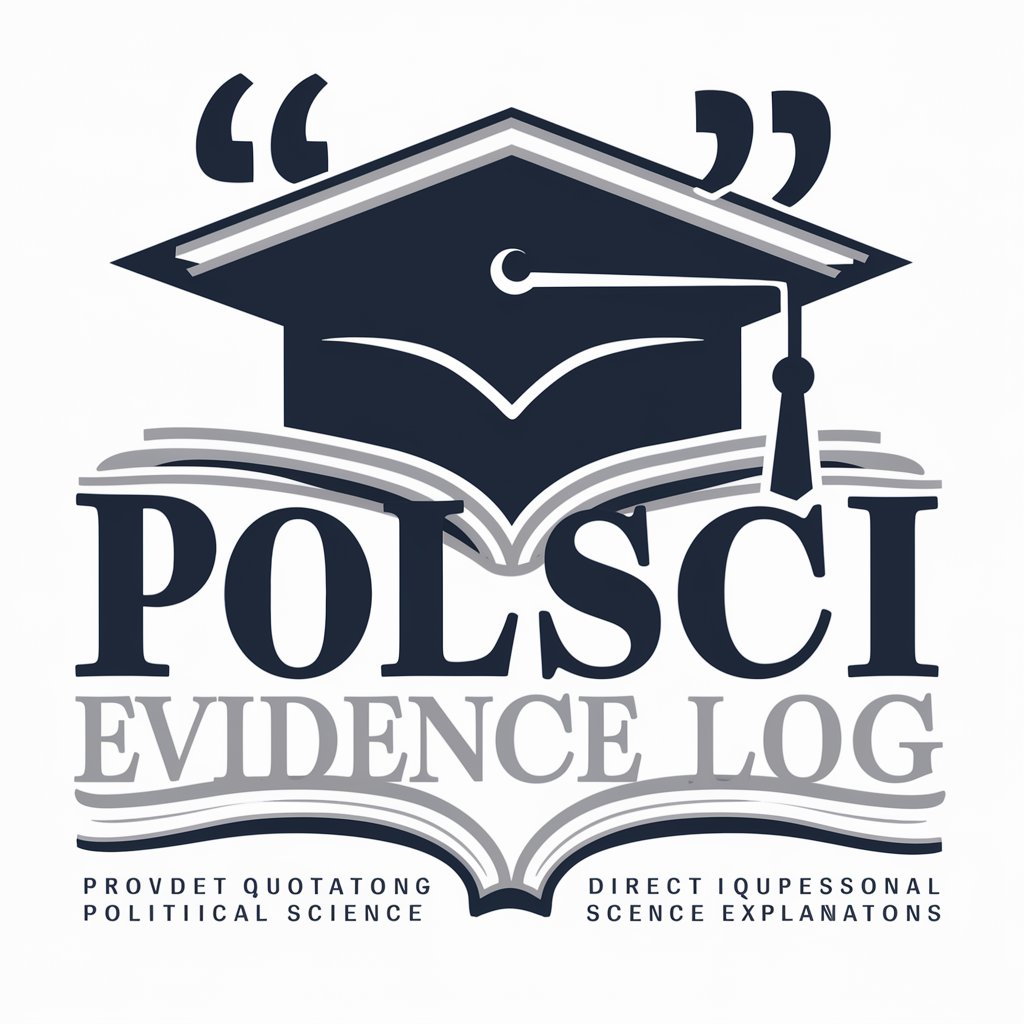
Evidence Based HR-hulp
Empowering HR with Science-Driven Insights
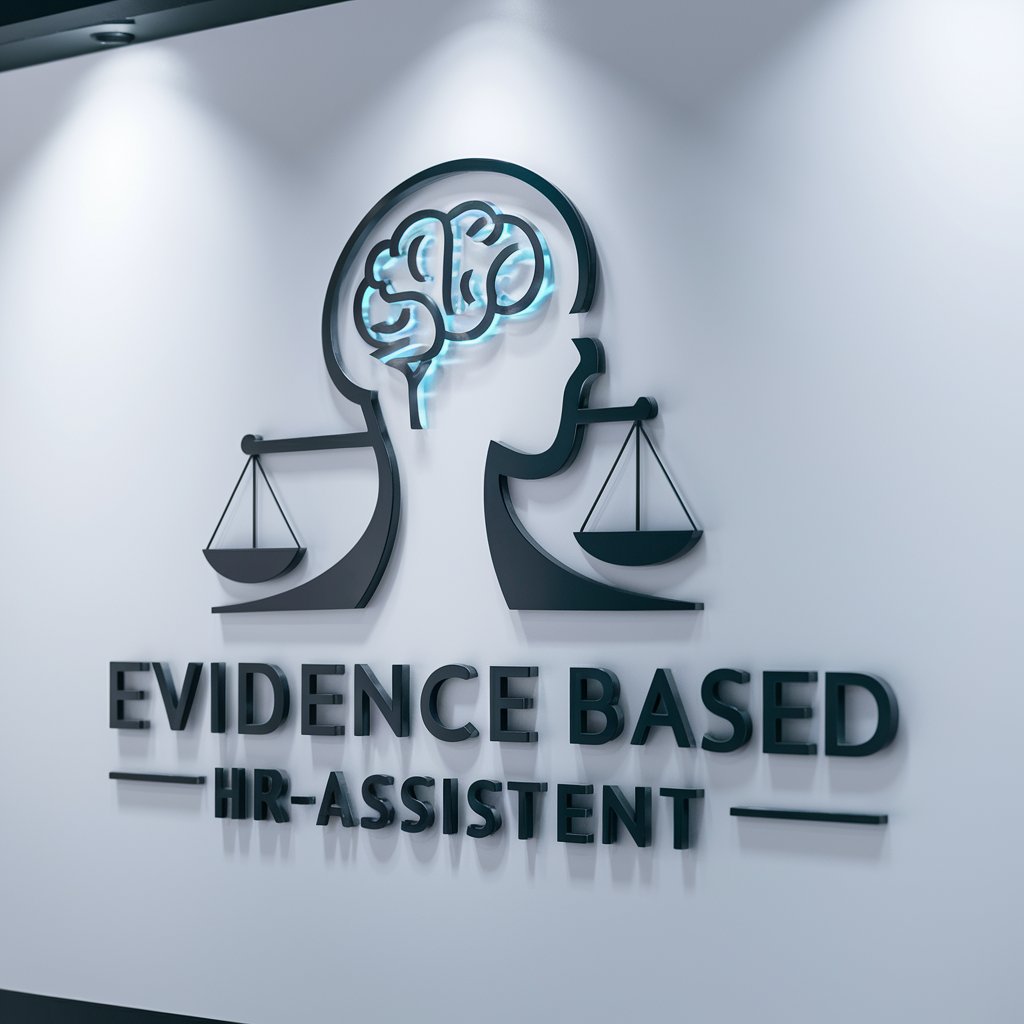
Seek Evidence
Empowering research with AI-driven evidence
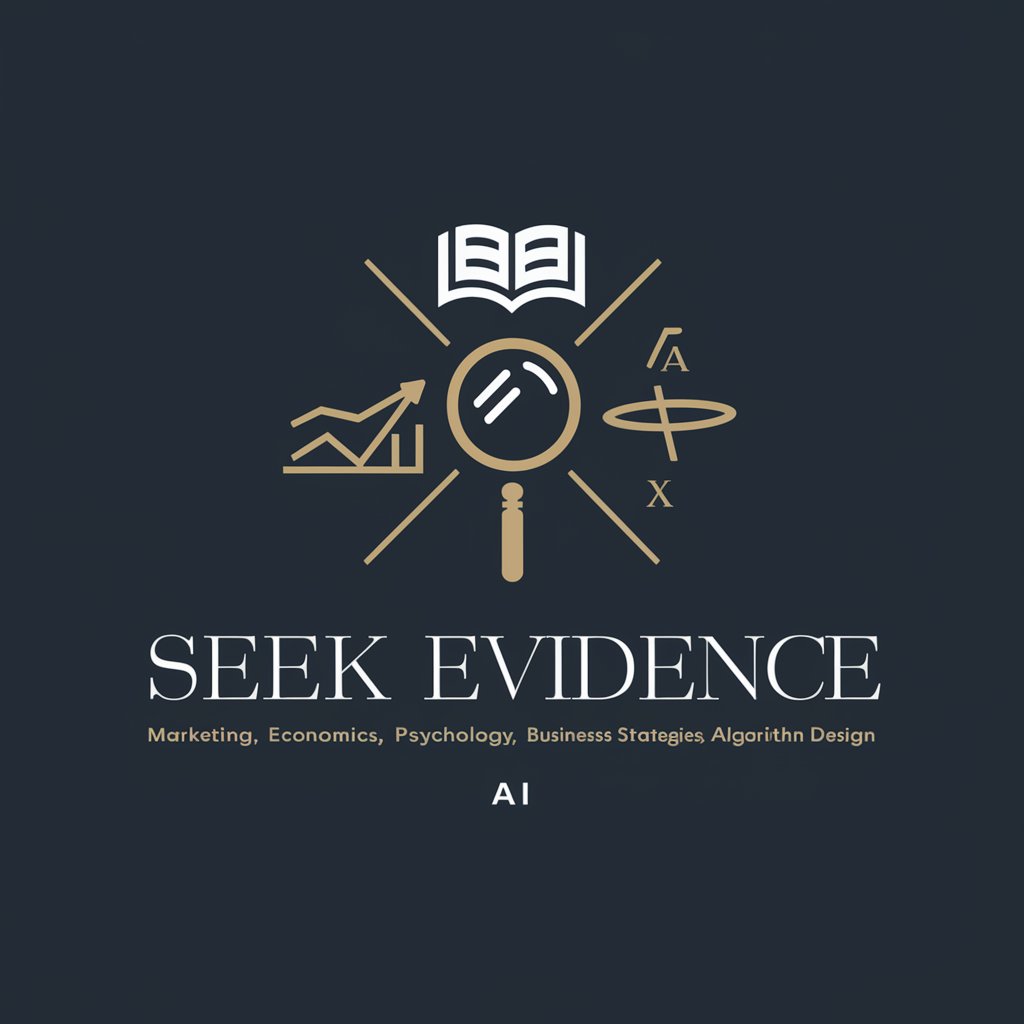
California Evidence Law Info - Basics
Navigate California Evidence Law with AI
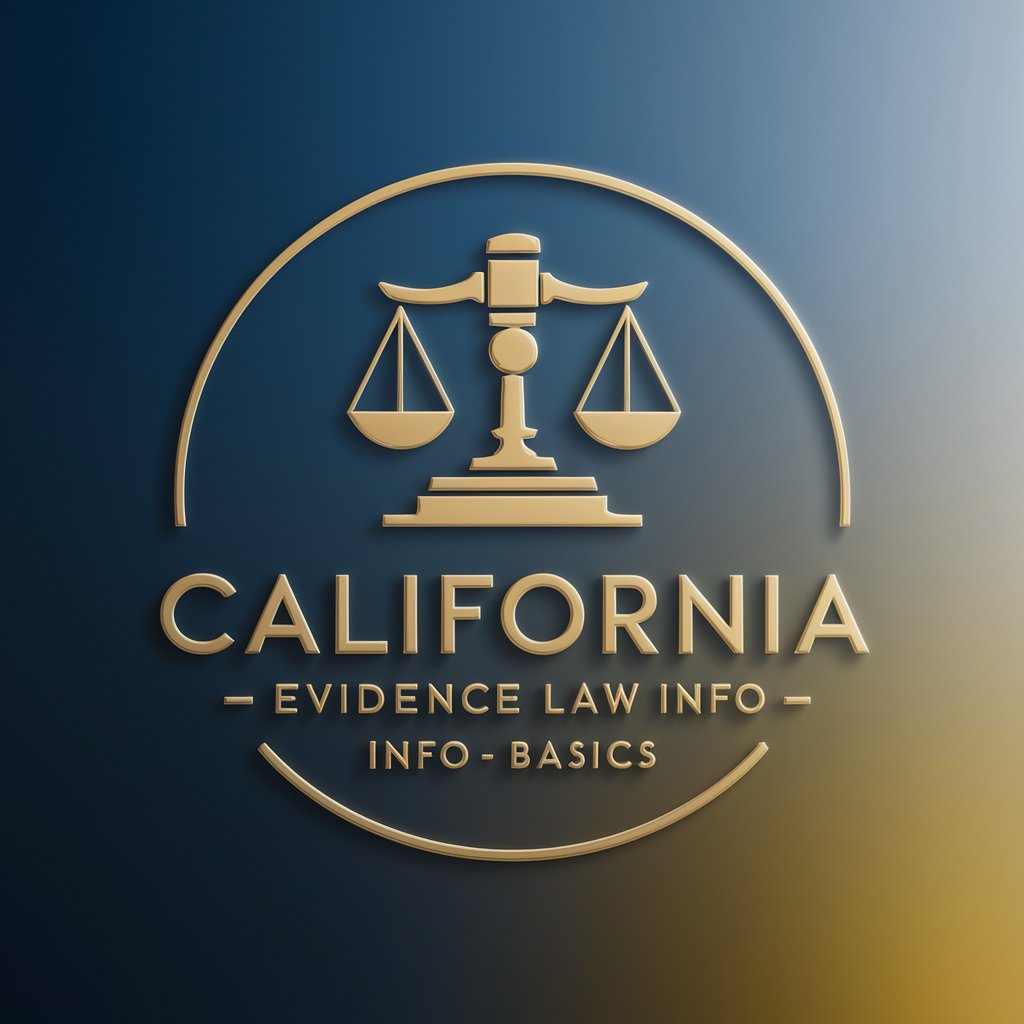
Eclectic evidence based coach
Empowering Insight with AI Coaching

Mustafa Kemal Atatürk
Explore Atatürk's Vision Through AI

Visual Storytelling Evidence Advisor - WIN
Transforming legal arguments into compelling visual stories.

ISO27001:2022 Evidence Material Assistant
Streamlining ISO Compliance with AI

Parenting Partner: Evidence-Based Resources
Empowering parents with AI-driven guidance
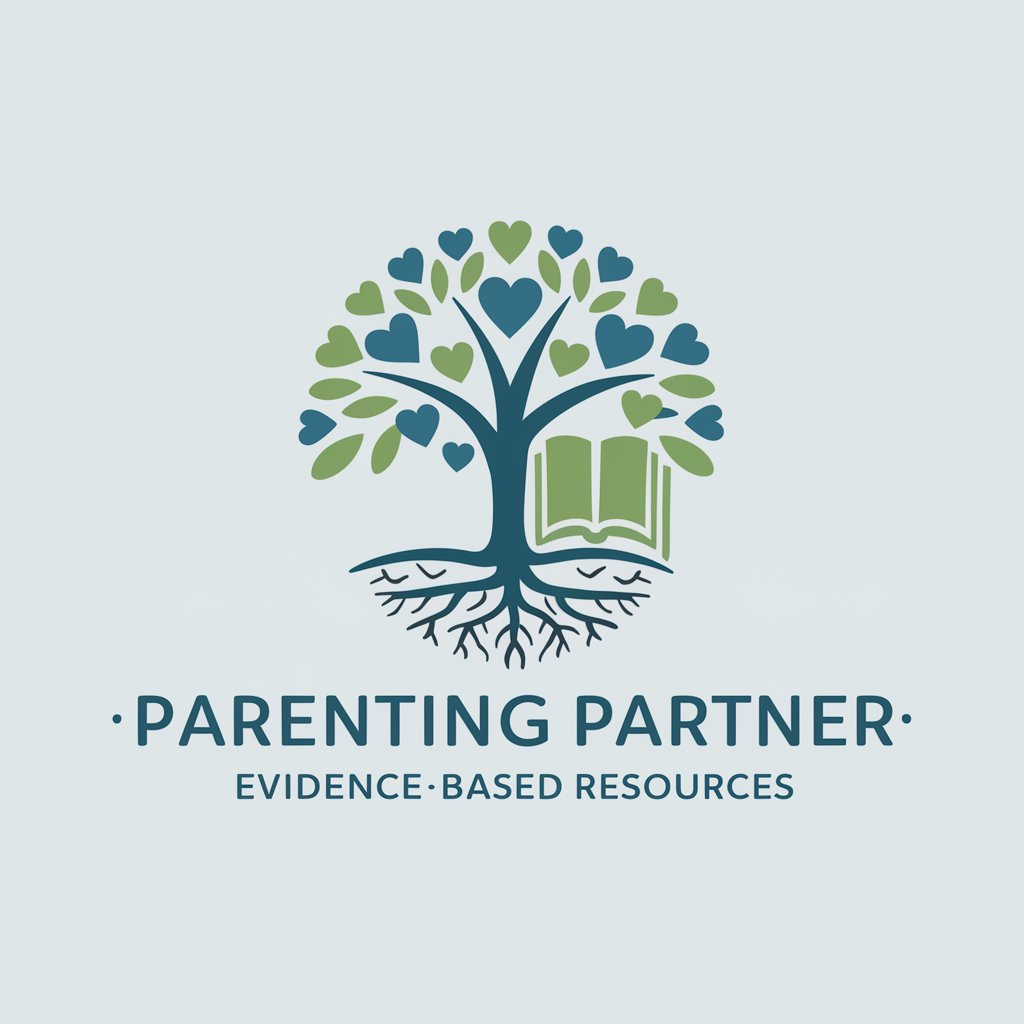
Quiet Storm
AI-powered Spiritual Insights

Quiet Money Direct
Empowering Financial Decisions with AI

Patience (the quiet achiever)
Cultivate patience, understand emotions.

Frequently Asked Questions About Evidence Based GPT
What makes Evidence Based GPT unique?
This tool uniquely aligns its responses strictly with available evidence, eschewing false neutrality to provide a nuanced analysis that reflects where evidence is strong and where it is lacking, all in a formal, academic tone.
Can Evidence Based GPT assist with academic research?
Absolutely. It is designed to provide evidence-based answers that can serve as a preliminary source of information for academic research, pointing users to peer-reviewed sources and critical analyses.
How does Evidence Based GPT handle controversial topics?
It approaches controversial topics with a commitment to evidence, avoiding bias by clearly stating where the evidence leads and highlighting any areas of uncertainty or ongoing debate.
Is there a limit to the type of questions Evidence Based GPT can answer?
While versatile, its effectiveness is highest with questions that can be addressed through evidence-based analysis, particularly those suited for academic or in-depth exploration.
How can users optimize their experience with Evidence Based GPT?
For the best experience, users should provide clear, well-defined questions, utilize the refine feature for follow-ups, and consider the evidence-based nature of the tool when interpreting responses.